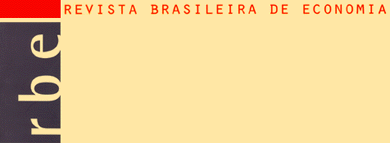This paper investigates the effects of the municipality secession occurred in Brazil in the last decades after the Constitution of 1988 on the supply of publicly provided goods and social indicators of those municipalities. We consider the following publicly provided goods - Access to trash collector, access to sewer and electric services as well as the social indicators - income per capita, Human Development Index (HDI), schooling years, illiteracy and gini index. We compare municipalities that seceded versus those that did notbefore and after the period of their secession (1993-1997), using1991 and 2000 census data. We find a negative effect of the municipality secession on those indicators. Specifically, our results suggest a reduction of more than 1 p.p. in the provision of trash, sewer and electric services Access; reduction in schooling (0.16); increase in more than 1 p.p. in the illiteracy for those municipalities that seceded versus those that did not. Moreover we find that a decrease in both income per capita (R$6) and HDI (0.007). These results suggest that the provision ofthe goods by the public sector might face economic ofscale and after such secession this loss in scale seems to have a negative impact in the local provision ofthese goods.















